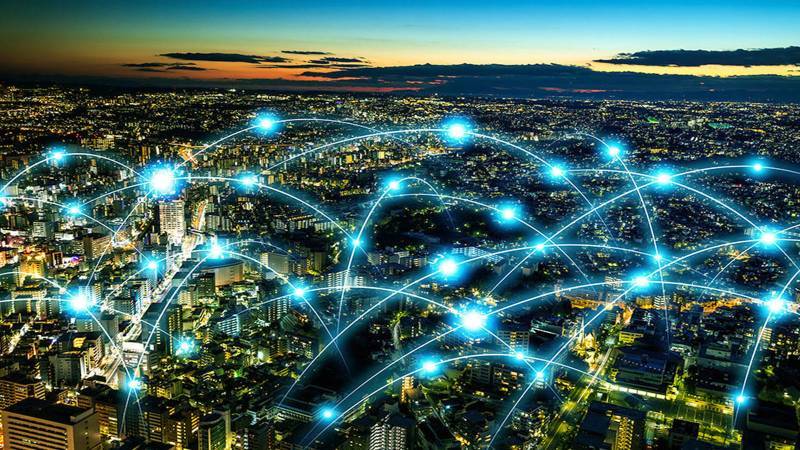
PPP’s chairman Bilawal Bhutto Zardari has said it several times of late that he’s not at all in agreement with the curbs placed on the internet and in particular on the use of social media platforms like Twitter/X or the block on VPNs by the PML-N government. He has aired these reservations in public despite the fact that his party is an ally of the PML-N and without whose votes in Parliament the latter’s government wouldn’t last a day.
On Dec 23, while speaking as chief guest at the convocation ceremony of the University of Sindh at Jamshoro, Bilawal Bhutto Zardari spoke at length on this issue. He repeatedly what he said earlier – that those sitting in Islamabad who made policies seeking a curb on the VPNs or to stifle the internet which ended up slowing it down – are not affected by such policies because they don’t use it and that they have little or no understanding of how it works. However, he told the graduating students, such actions make life very difficult (he used the Urdu phrase ‘jeena haram kar diya hai’) for ‘you and me’. An example of how clueless those in Islamabad about such policies can be gained from reading the recent comments of the parliamentary secretary for cabinet division Sajid Mehdi (a PMLN MNA from Vehari) where he said that Pakistanis should use the internet less and only for “important matters” because too much use was slowing it down.
He spoke at some length on the need for Pakistan to have a digital rights enshrined in its constitution, as a basic fundamental right of citizens. He said that the 26th Amendment had declared the right to a clean environment as a basic right for all Pakistanis and that there was need to do the same for access to reliable and affordable high-speed internet.
The proportion of the population regularly accessing the internet has been increasing steadily – in fact between 2023 and 2024 the proportion rose by a very healthy 27%. As for social media use, Pakistan has over 70 million active users, or around a third of the population regularly uses social media
The numbers and data available readily support the view that access to and use of the internet is already seen as a basic fact of life by most Pakistanis.
As of the beginning of 2024, almost half of the Pakistani population access the internet regularly. The proportion of the population regularly accessing the internet has been increasing steadily – in fact between 2023 and 2024 the proportion rose by a very healthy 27%. As for social media use, Pakistan has over 70 million active users, or around a third of the population regularly uses social media. This number is much higher than the number of users in many Western countries, so Pakistan seems to have a thriving market for social and digital media.
Of course, enshrining access to affordable and reliable high-speed internet as a basic right in the Pakistan constitution, as advocated by the PPP chairman, will send a much-needed signal to all those who think that censoring and stifling the internet to restrict dissent and criticism of their policies is somehow in the national interest – it most certainly is not and in fact is bad for Pakistan’s digital economy and directly impacts the lives of millions of Pakistanis who work in the IT sector, in digital and social media companies, and who work as freelancers providing services to clients overseas.
Such archaic and myopic policies in fact have a large negative impact on the ability of millions of Pakistanis to earn a decent living, and also tear to shreds the government’s avowed intention of bringing a digital revolution to the country.
Bilawal Bhutto Zardari’s suggestion that the right to internet use be made part of the Constitution as a basic fundamental right of citizens needs to be followed up in Parliament and needs to be backed by all sensible and forward-looking Pakistanis.

